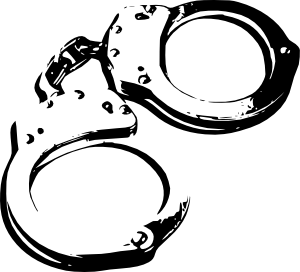

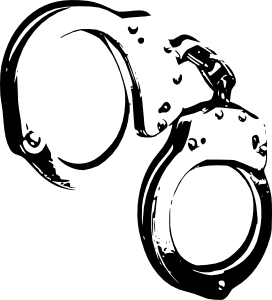
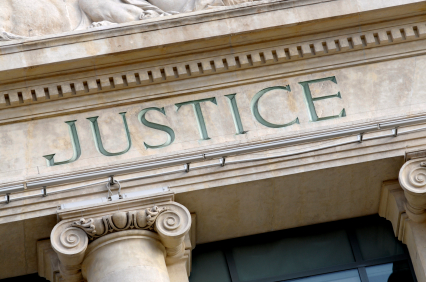

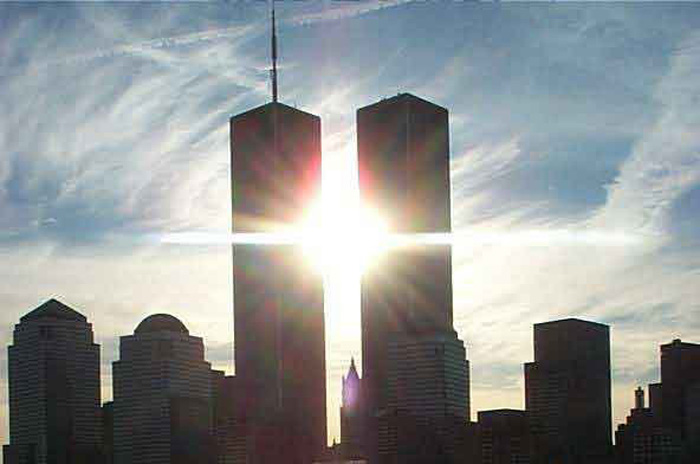
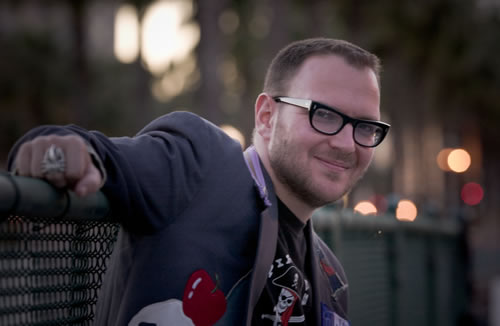
In Little Brother by Cory Doctorow, issues of ethnicity are raised to reflect the ways in which people of different races are discriminated with or without any particular reason. While one would think instances such as an explosion on the Bay Bridge or an attack on the Twin Towers (September 11) would change how various people are treated, it is evident that people of minorities are treated that way even if things like this never happened.
During the novel, the main teenage character, Marcus, and his good friend, Jolu, discuss their plan to fight for justice against the DHS. During this time, Jolu, a male American citizen of black descent, explains to Marcus that he can no longer work with him on fighting the United States government.
“I hate to say it, but you’re white. I’m not. White people get caught with cocaine and do a little rehab time. Brown people get caught with crack and go to prison for twenty years. White people see cops on the street and feel safer. Brown people see cops on the street and wonder if they’re about to get searched. The way the DHS is treating you? The law in this country has always been like that for us” (Doctorow 160).
Through Jolu, Doctorow makes a key point: "whether we like it or not, people who are not white are—at least in the United States—ultimately treated unfairly. It just so happens that attacks on U.S. territory intensifies sensitivities and prejudice against particular groups of colored people." We also see that peoples' Constitutioinal rights being violated not only after influential attacks, but also as a general norm.
While I fully agree with the point Doctorow is trying to make, I feel as though he should have done more to emphasize how people of certain ethnicities are discriminated against. Maybe he could have dedicated a chapter to portraying the ways in which United States citizens of color are affected when attacks occur.
Related Topics: see original contribution of Doctorow's writing.


